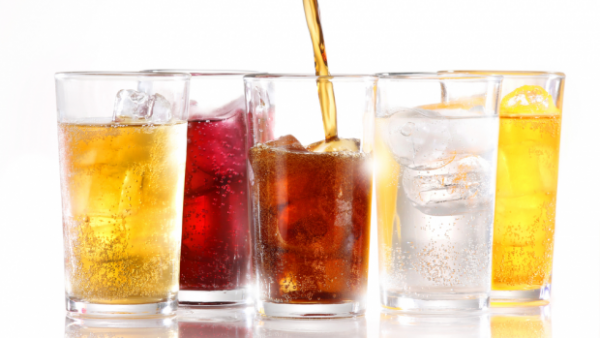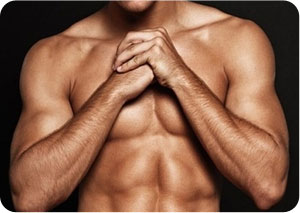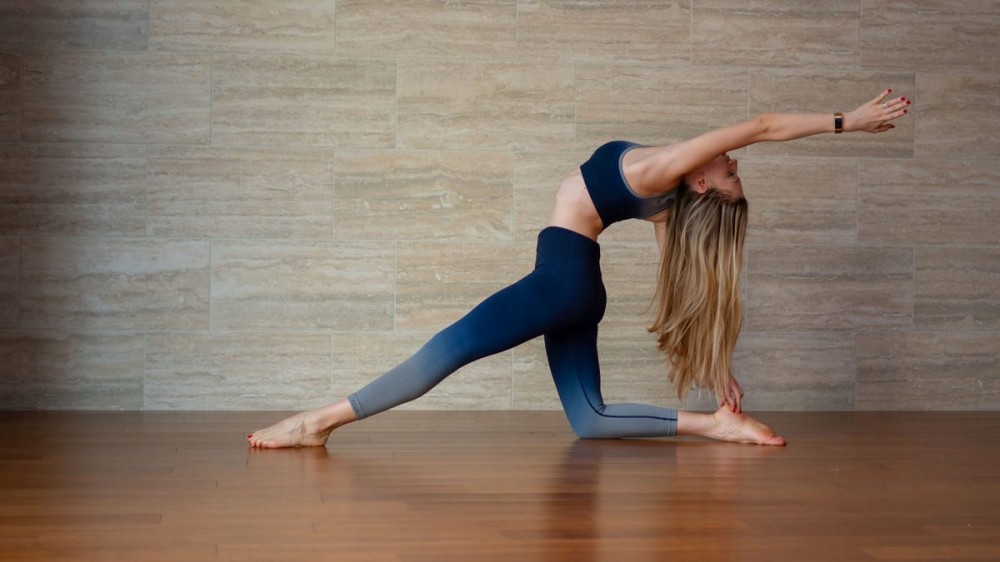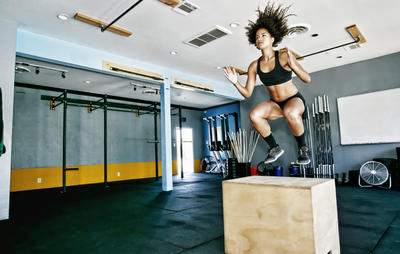We give you all you need to know about staying hydrated.
When it’s warm outside and you’re working up a sweat, you need to keep thirst at bay. Even a small amount of fluid loss can cause your body to work less efficiently and upset the delicate balance of minerals, including salts and sugar, in your system. Find out exactly how much water you need for your weight and exercise levels using the Hydration Calculator, at Hydration 4 Health. Feeling thirsty, light-headed, tired, headachey, a dry mouth and lips are early signs of dehydration, so read our guide to what’s best to drink.
Water
Water is the perfect hydrator. You should aim to drink at least 1.2 litres of fluid (six to eight 250ml glasses) a day and increase this to 2.5 litres in hot weather, when you lose more fluid through sweat. This fluid can be from a variety of drinks, says the Natural Hydration Council, but water is calorie- and fat-free and easily absorbed by the body. However, if you’re working out for longer than 60 minutes, switch to an isotonic sports drink (see below).
Squash or diluted fruit juice
If you find water boring, try highly diluted squash or fruit juice, for example, 100ml of fruit juice to one litre of water. ‘Carbohydrates, such as sugar, have to be broken down in the gut, which can slow down the rate at which fluids pass into the bloodstream,’ says nutritionist Dr Emma Derbyshire of the Natural Hydration Council, so don’t be tempted to drink stronger juices. Smoothies are also too sugary to help you hydrate efficiently.
Sports drinks
A 2008 study found sports drinks don’t necessarily hydrate your body as fast as water, but they do provide a quick energy source. ‘If you’re doing more than 60 minutes of exercise in one session and will do more later in the day, it’s good to use an isotonic drink,’ says Derbyshire. Isotonic drinks help replace lost minerals and provide some carbohydrate as fuel. Only have energy drinks, or ‘hypertonic’ drinks, with a higher level of carbohydrate, after doing very high levels of exercise, to quickly replace muscle glycogen stores.
Tea
A recent UK study found drinking up to four mugs of black tea with milk a day is just as hydrating as drinking the same quantity of water. However, Derbyshire says the caffeine in tea starts acting as a diuretic (increases fluid loss by causing you to pass more urine) when you exceed around five cups a day, so go easy or switch to herbal teas.
Coconut water
Fresh coconut water is naturally isotonic, with a 330ml serving containing more potassium than two bananas plus five other naturally occurring electrolytes. It has one-fifth of the sugar found in fruit juice, plus a little fibre. Derbyshire says there are few published studies on its hydrating abilities and it lacks salts, but it could be a good post-exercise hydrator. Try Vita Coco from Waitrose and Tesco;vitacoco.co.uk.
Soft drinks
Carbonated drinks with sugar, like many energy drinks, provide lots of empty calories. They’re also acidic, so can damage your teeth when drunk regularly. Even vitamin-fortified drinks branded as ‘healthy’ can contain as much sugar as a cola.
Did you know…
A 2009 study found that watermelon could be more hydrating that water! It’s 92 per cent water and contains rehydrating salkts magnesium, potassium and sodium.







